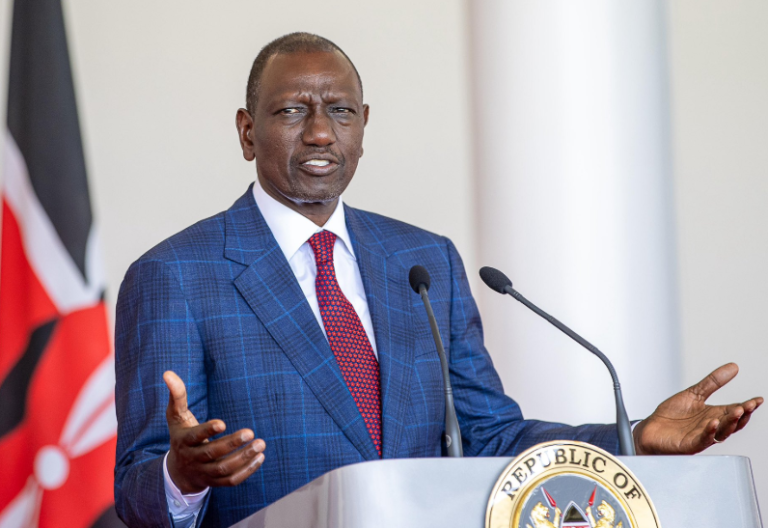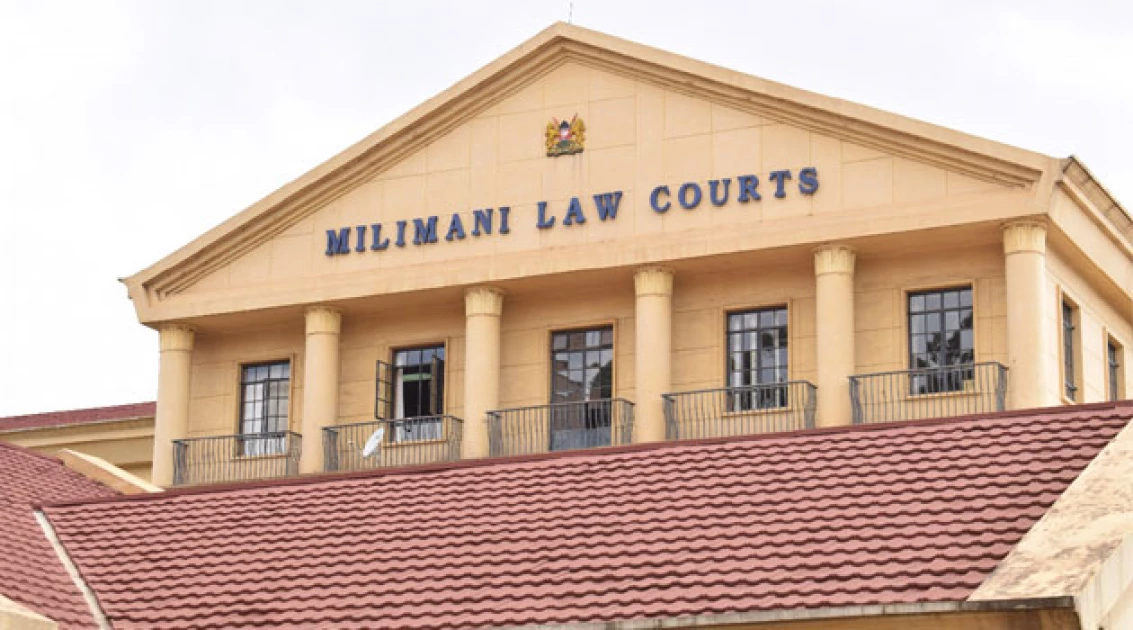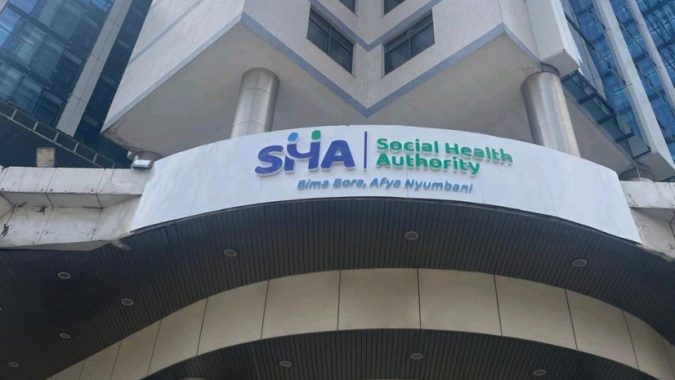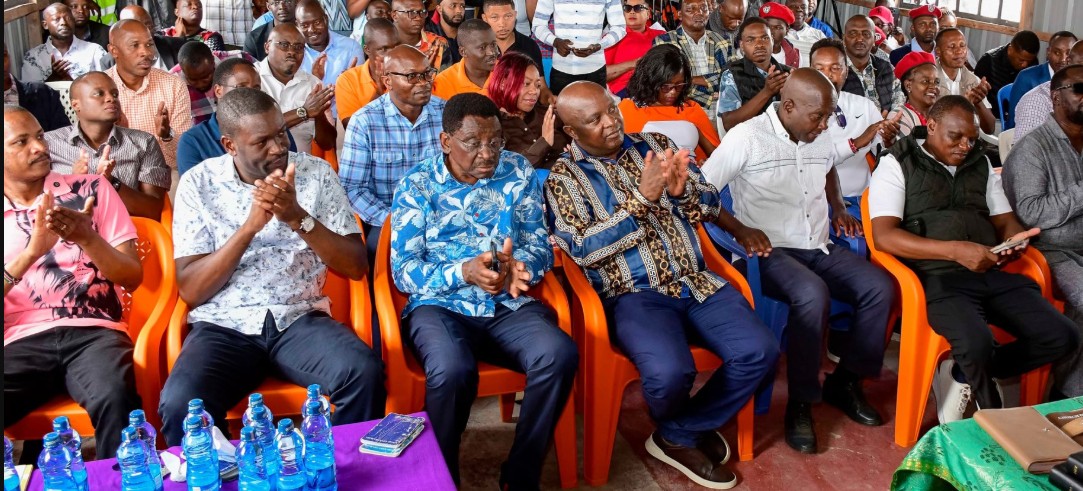In a seismic legal development, the Court of Appeal has ordered a full rehearing of the long-running fraud dispute involving the John Waluke-linked contract worth over Sh1 billion for maize supply—raising new questions about public-fund misuse and judicial oversight.
Appeal Court Blows Open Maize Contract SagaThe Appeal Court bench comprising Judges Gatembu Kairu, Asike-Makhandia and Aggrey Muchelule set aside the 2011 High Court ruling that had allowed an arbitral award in favour of Erad Supplies & General Contractors Ltd. (a firm linked to Waluke) to stand.
The contract, originally between the National Cereals and Produce Board (NCPB) and Erad Supplies, involved the supply of 40,000 metric tonnes of maize.The judges found serious allegations that the arbitral award was based on forged invoices, claims for storage of undelivered maize and fabricated documentation.
They ruled the matter touches on core constitutional values—integrity, transparency and accountability—and remitted it for rehearing.
Evidence Under Scrutiny.
The dispute dates back to 2004 when Erad Supplies claimed NCPB failed to open a letter of credit as required and were thus unable to deliver maize. The arbitrator subsequently awarded Erad more than US$3.1 million (~Sh560 million at the time), which has since ballooned above Sh1 billion through interest and foreign-exchange adjustments.
NCPB challenged the award, arguing it was procured on the basis of forged documents—among them an invoice of US$1.1 million attributed to a South African firm, purportedly for maize storage, which investigators found never handled the commodity.
The Appeal Court noted the High Court had erred by not suspending the award in light of the serious fraud allegations and misapplication of Section 35 of the Arbitration Act.
Implications for Public Finance and Governance.
This ruling marks a major blow to the governance of public procurement, particularly in the agricultural sector where food-security and public-funds risk are huge. If a tribunal award founded on questionable documentation is allowed to stand, it would undermine the state’s ability to protect public resources.
For Waluke, the rehearing exposes renewed risk: his company’s contract—and related payments—could now be re-examined under stricter judicial scrutiny, possibly triggering recovery of funds or further prosecution. It also signals to other public-service actors that litigation founded on dubious awards will not be sheltered from scrutiny.
What Happens Next.
The High Court must now set a new hearing date where NCPB and the Ethics and Anti‑Corruption Commission (EACC) will be required to present fresh evidence and undergo full cross-examination of the fraud claims.
All parties will bear their own appeal costs, meaning the government will not be compensated even if they win the final case.The outcome may lead to significant financial implications: cancellation of the award, recovery orders or further legal restructuring of the contract.
Stakeholders across agriculture, procurement and legal reform will watch closely—this is a test of how far Kenya’s institutions are willing to enforce accountability. What has been a decades-old maize-supply contract has now become a litmus test for Kenya’s governance framework.
The Appeal Court’s decision to reopen the case not only jeopardises payment of over Sh1 billion, but also strikes at the heart of public-fund management and judicial integrity. As the rehearing unfolds, the stakes could not be higher for all involved.















Leave a Reply